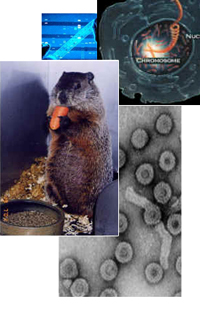Taiwan is an area endemic for hepatitis B and C virus (HBV and HCV) infection. In 2007, it was estimated that the number of carriers in Taiwan was as high as 3 million for HBV and 0.42 million for HCV. This has resulted in liver cirrhosis and hepatocellular carcinoma (HCC) in these carriers. Liver cancer is so common that it has ranked the first among cancer mortality since the early 1980's in Taiwan. In addition, chronic hepatitis and liver cirrhosis rank the sixth or seventh in the causes of death. It was estimated that 7651 people died of HCC in 2008.
The serious impact of liver disease in Taiwan precipitated intense research on hepatic disorders in our country. The medical researches have been very active since 1940’s with many outstanding contributions to HBV and HCV virology, course of infection, diagnosis and treatments. Since then, many pioneers has been dedicated to the policy against hepatitis B to control this serious public health problem in Taiwan, such as a mass HBV immunization program launched on July 1 in 1984, one of the earliest national programs in the world. To reinforce the nationwide control of hepatitis viruses infection, Hepatitis Research Center (HRC) of the National Taiwan University Hospital (NTUH) was established on October 1, 1987.
.jpg)
